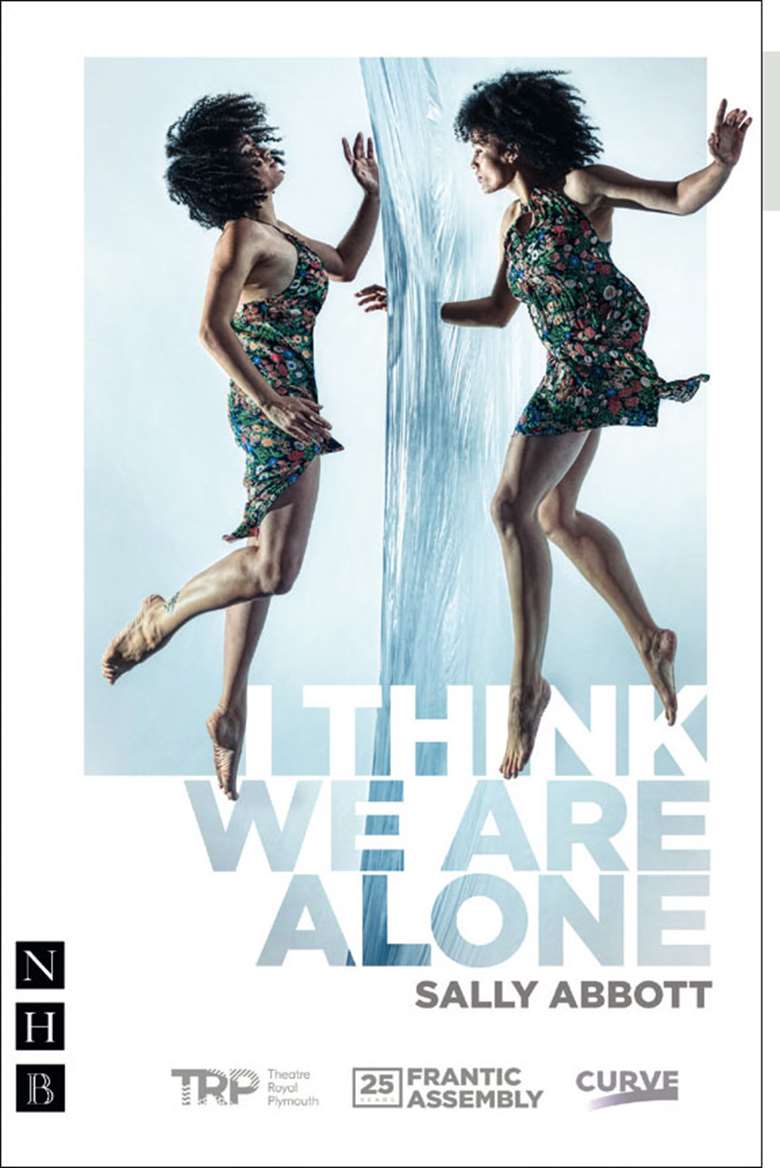I Think We Are Alone by Sally Abbott
Vickie Smith
Friday, May 1, 2020
Not the most inspiring of Frantic Assembly-produced plays but with some good monologues. Published by Nick Hern Books

This script, as are all Frantic Assembly scripts, is well structured and acts as a programme for the first production of the play. On Frantic Assembly's website there is an extremely useful resource section that allows the reader to get a better understanding of the play. This includes a student pre-production pack, an audience pack and a general resource pack.
The script itself is well written and begins with useful details about the characters and setting, and a timeframe which helps you to visualise the playwright's intentions. It's set in two timeframes: before Bex dies, and the present. It focuses on themes of loneliness, abuse, illness and grief, all relevant to the 21st century audience and showing that it is important to connect with each other. There are detailed stage directions throughout the play, which gives us an insight into the original production.
The play introduces characters through a series of monologues. The use of direct audience address means that you really feel the character is talking to you personally. This technique, also seen in many other Frantic Assembly plays, then changes to dialogue, but the use of direct audience address through monologues is still littered throughout the play. Flashbacks are clearly indicated in the script, which helps to prevent the reader from getting confused, and will aid in direction of the play.
This is a great script to use for monologue work, but would be more difficult for group scripted pieces. It's not the best script that I have read that has been developed in liaison with Frantic Assembly but definitely has potential to be explored in schools, although due to the strong language within the play, it woud be better suited to A-Level students. Overall, worth purchasing and reading, but probably not a play that you will read more than once, unless some of your students are performing the monologues.

